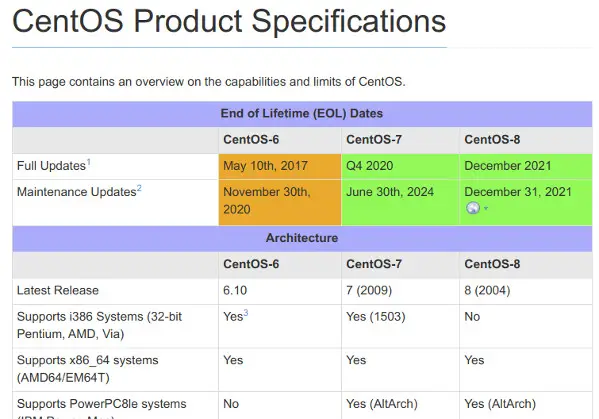Fedora vs. Rocky Linux: The New CentOS Alternative Compared

With the discontinuation of CentOS Linux, system administrators are seeking viable alternatives. Two prominent options that have emerged as potential replacements are Fedora Linux and Rocky Linux. Both distributions aim to provide a stable and secure platform for enterprise environments. However, there are key differences to consider when choosing between these two distributions.

Fedora Linux is a community-driven distribution that serves as the foundation for Red Hat Enterprise Linux (RHEL). It offers the latest open-source technologies and features, providing a cutting-edge and innovation-focused platform. Fedora’s focus on upstream development means that it incorporates the newest software versions, which can be advantageous for users who require access to the most up-to-date tools and technologies. However, Fedora’s rapid release cycle and potential instability may not be suitable for environments that demand long-term stability.

Rocky Linux is a community-maintained distro that is directly derived from Red Hat Enterprise Linux. It aims to provide a binary-compatible drop-in replacement for CentOS, ensuring a seamless transition for organizations that rely on CentOS. Rocky Linux prioritizes stability and compatibility, offering a stable and reliable platform that closely aligns with RHEL. This makes Rocky Linux an excellent choice for organizations that require a stable base for their operations and avoid the instability associated with more bleeding-edge distributions.
Similarities between Fedora Linux and Rocky Linux:
- Both distributions are Linux-based operating systems.
- They both support a wide range of hardware and software.
- They both offer long-term support and security updates.
Differences between Fedora Linux and Rocky Linux:
- Fedora Linux is community-driven, while Rocky Linux is maintained by a dedicated team focused on stability and compatibility.
- Fedora Linux has a shorter release cycle and provides access to the latest software versions, while Rocky Linux prioritizes stability and compatibility with RHEL.
- Fedora Linux may be more suited for environments that require cutting-edge technologies and innovation, while Rocky Linux is more suitable for environments that demand stability and long-term support.
Conclusion:
The choice between Fedora Linux and Rocky Linux depends on the specific needs and requirements of the organization. For environments that prioritize stability and compatibility, Rocky Linux is the more suitable choice due to its direct derivation from RHEL and long-term support model. For environments that require access to the latest technologies and innovation, Fedora Linux may be the better option due to its rapid release cycle and cutting-edge features.


An excellent comparison of two of the leading contenders to replace CentOS. I found the section on package management particularly informative.
I’m not convinced that Rocky Linux is a viable long-term alternative to CentOS. It’s still too new and untested.
The author does a great job of explaining the technical differences between Fedora and Rocky Linux. I especially appreciated the tables comparing the two distributions.
I disagree with the author’s conclusion that Rocky Linux is the better choice for enterprise users. I believe Fedora is a more stable and reliable distribution.
So, CentOS is dead, long live CentOS! Rocky Linux is just a rebranded CentOS with a new name.
Wow, another new Linux distribution! Just what we needed.
I’m going to call my new Linux distribution ‘Fedora Rocky’. It’ll be the best of both worlds!
I’ve been using Rocky Linux for a few months now and I’m very impressed. It’s a great alternative to CentOS.
I don’t understand why there are so many different Linux distributions. Can’t we all just get along?
Fedora is a great choice for users who want a bleeding-edge distribution with the latest software. Rocky Linux is a better choice for users who want a stable and reliable distribution that’s compatible with Red Hat Enterprise Linux.
I’m excited to see how Rocky Linux develops in the future. It has the potential to be a major player in the Linux ecosystem.